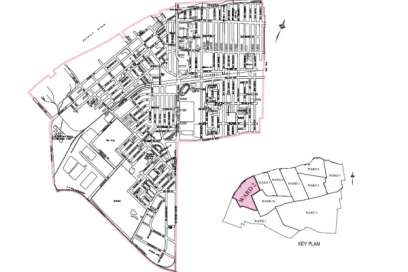UWindsor Joining Largest Freshwater Observational Research Network In Canada
Wednesday January 4th, 2023, 6:38pm
Hello time traveller!!
This article is 984 days old.
The information listed below is likely outdated and has been preserved for archival purposes.
The University of Windsor will see more than $1.77 million in funding to support its leadership of the Real-Time Aquatic Ecosystem Observation Network (RAEON), a Canada Foundation for Innovation-funded network focused on the Great Lakes.
The funding is part of CFI’s Major Science Initiatives award of $15.25 million to a collaborative freshwater observational research network known as the Global Water Futures Observatories (GWFO). Under the leadership of the University of Saskatchewan (USask), GWFO brings together nine Canadian universities to create the largest freshwater observational research network in the country and one of the largest globally.
“We came to RAEON to be part of this proposal because of its leadership in Great Lakes research,” said John Pomeroy, USask Distinguished Professor and Director of Global Water Futures Observatories.
Since receiving its initial funding in 2018, RAEON, under the direction of lead investigator Aaron Fisk, Professor and Canada Research Chair in Changing Great Lakes Ecosystems in the School of the Environment, has been providing researchers with access to novel in-place instruments that provide real-time and continuous data from aquatic ecosystems and state-of-the-art laboratory facilities, data management, and technical expertise. The CFI-MSI grant will support RAEON in continuing this work through 2029 through the deployment of its systems in the Great Lakes and across Canada.
At the University of Windsor, REAON has provided instrumentation to support research projects, allowing faculty to leverage real funding. Last year, UWindsor researchers and their partners secured more than $1 million via the Natural Sciences and Engineering Research Council of Canada (NSERC) Alliance grant, along with industry partner funds, to deploy real-time continuous monitoring instruments from RAEON into Lake Erie to better understand and predict development of harmful algal blooms and to protect and secure drinking water in southern Ontario.
RAEON is also part of a Guelph-led CFI proposal, Freshwater Ecosystem Adaptive Management (FEAM) Network, developed using the RAEON model. If approved in June 2023, FEAM would receive $17.6 million, of which almost $2 million would go to RAEON.
























